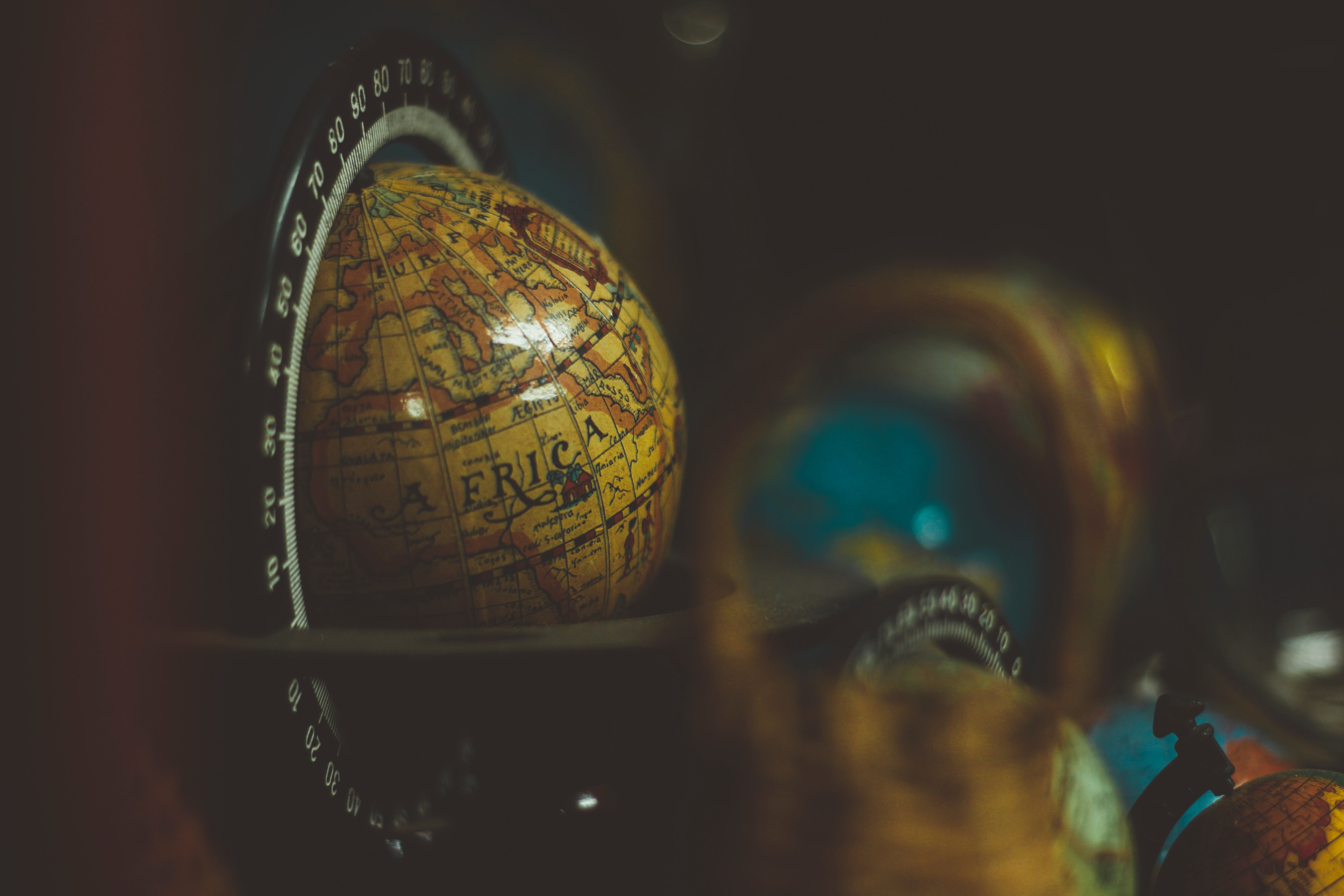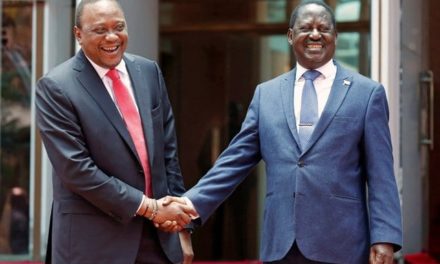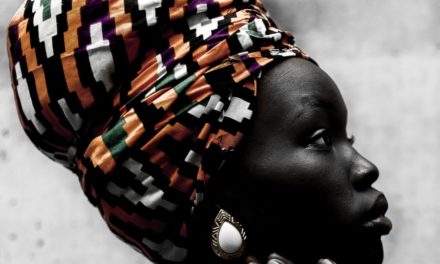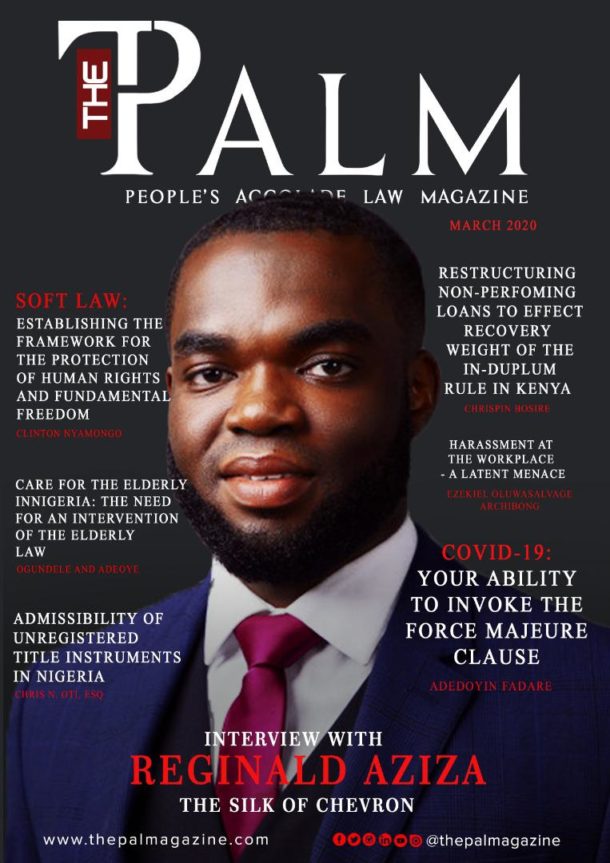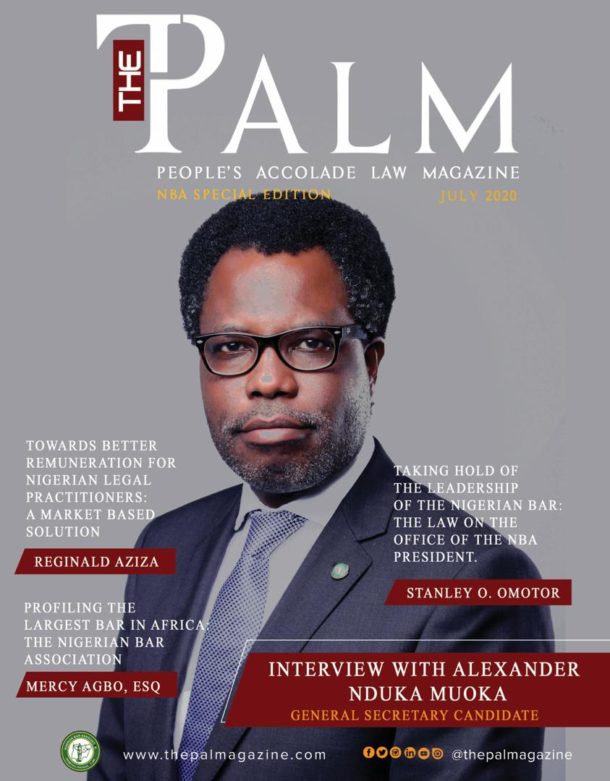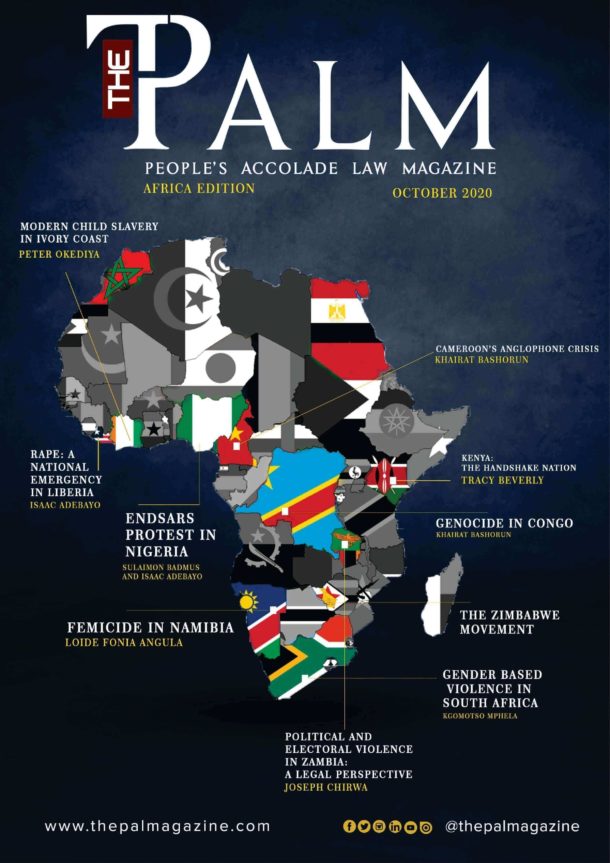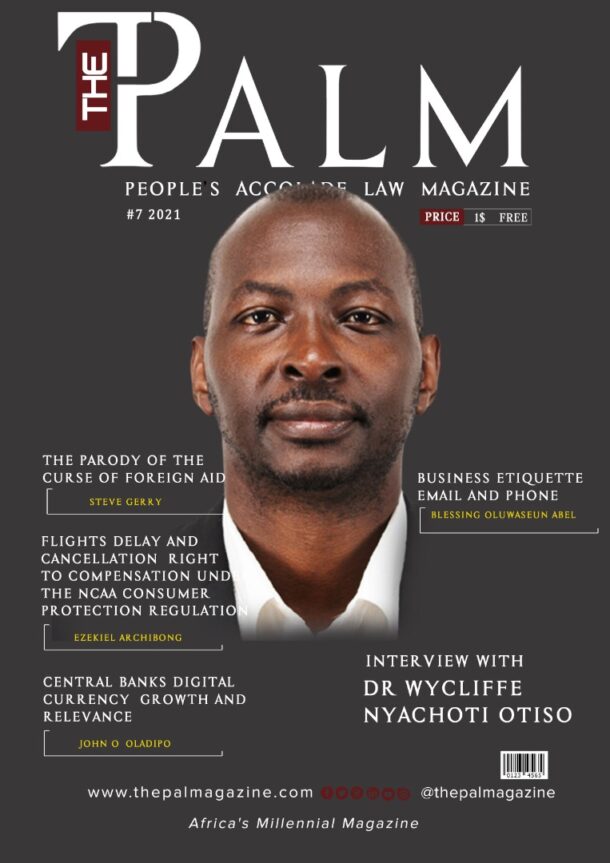In a traditional African setting, it is usually the role of the elder to take due care of his/her younger siblings, most especially in the absence of a father. He has a responsibility to protect his younger ones and shield them from all forms of oppression. He also has a duty to ensure that any form of intimidation to his younger ones is decisively dealt with, in favour of his younger ones. This is the known and acceptable norm. Usually, brothers display fraternity and oneness. They stand by each other through thick and thin. However, where it is the case that a younger one turns out to be a black sheep who in repays the favour done to him by his elder one by maltreating his children; then, that is a taboo! Nothing short of an abomination!
The African culture is one that ensures that brotherly and agape love is expressed; when an intruder attacks one African, then it is a fight against ALL Africans. In more specific terms, pre-1994, nations like Nigeria and Ghana and other African countries played the big brother role in the South African story. These countries put in their financial, political and human resources into liberating South Africa from the shackles of Apartheid and oppression. Nigeria contributed in every wise, most especially financially to provide aid for South Africans at that time; Nigeria granted asylum to South Africans who were targets of oppressive white government. The spirit of all for one was one of the things Africans were known for.
However, events of the past few years have persistently made a mockery of the ‘all for one spirit’ of the 20th Century Africa. Interestingly, like the ungrateful younger one, South Africans have bit the proverbial hands that fed them. Nationals of South Africa have turned on the sons and daughters of others, who protected them in times of need, by continuously attacking, assaulting and mutilating citizens of Nigeria and other African countries, under the guise of reclaiming their lands from “foreigners.” When did sons and daughters of the same father and mother become foreigners in each other’s homes? This leaves much to be desired.
A plethora of questions come to mind about all these. Why are fellow Africans the main targets of these attacks? Is the government in support of these attacks? What is the government of the attacked citizens doing to protect its citizens? Are reprisal attacks justified and the way to go? What is the position of international law? Etc. However, I would leave you to answer these questions yourself but one: the position of international law. Before answering that, it is vital to point out that continued attacks of this sort would only result in disasters of unimaginable proportions if the government of all concerned countries continue to treat this disheartening situation with kid’s gloves. True, realistic, and decisive actions urgently need to be taken now, more than ever.
By international law, a country is generally not liable for the acts of its individual citizens, except where the government has acquiesced and systematically aided such violations. It is therefore justified that governments of other countries involved may resort to remedies available under international law. It is this pertinent to urge the government of Nigeria and other African nations to caution their citizens with regards to reprisal attacks that are nothing but an opportunity for miscreants to rob and loot legitimate enterprises that belong to their countrymen. Diplomatic actions abound which these governments may take on behalf of its people to show their displeasure. These include the immediate shutting down of the South African High Commission in Nigeria; the immediate and full suspension of licenses of all South African enterprises; immediate termination of all government involved contracts with South Africa or its citizens; to name a few of the more drastic measures.
In conclusion, it is no news that a younger one who beats up his elder sibling’s children for no just cause, would definitely have a lot to deal with when his brother returns from his sojourn. I must therefore warn that if cogent steps are not taken to right this wrong, the resultant effects may go beyond the imaginations of African leaders. Thus, African leaders need to do more, now more than ever, if we still desire an Africa that we can all walk peacefully, as taboos and abominations ALWAYS have negative consequences.
A word is enough for the wise.
Send your latest scoop and articles to: editor@thepalmagazine.com. Please ensure you read our submission agreement before you send your items.
For advert enquiries:info@thepalmagazine.com


